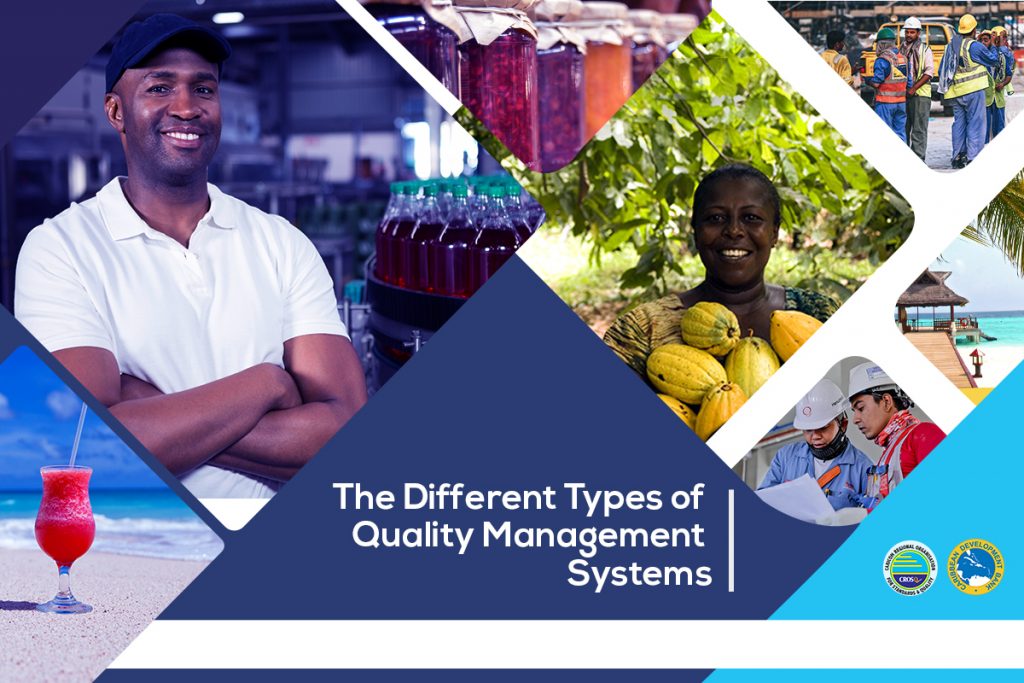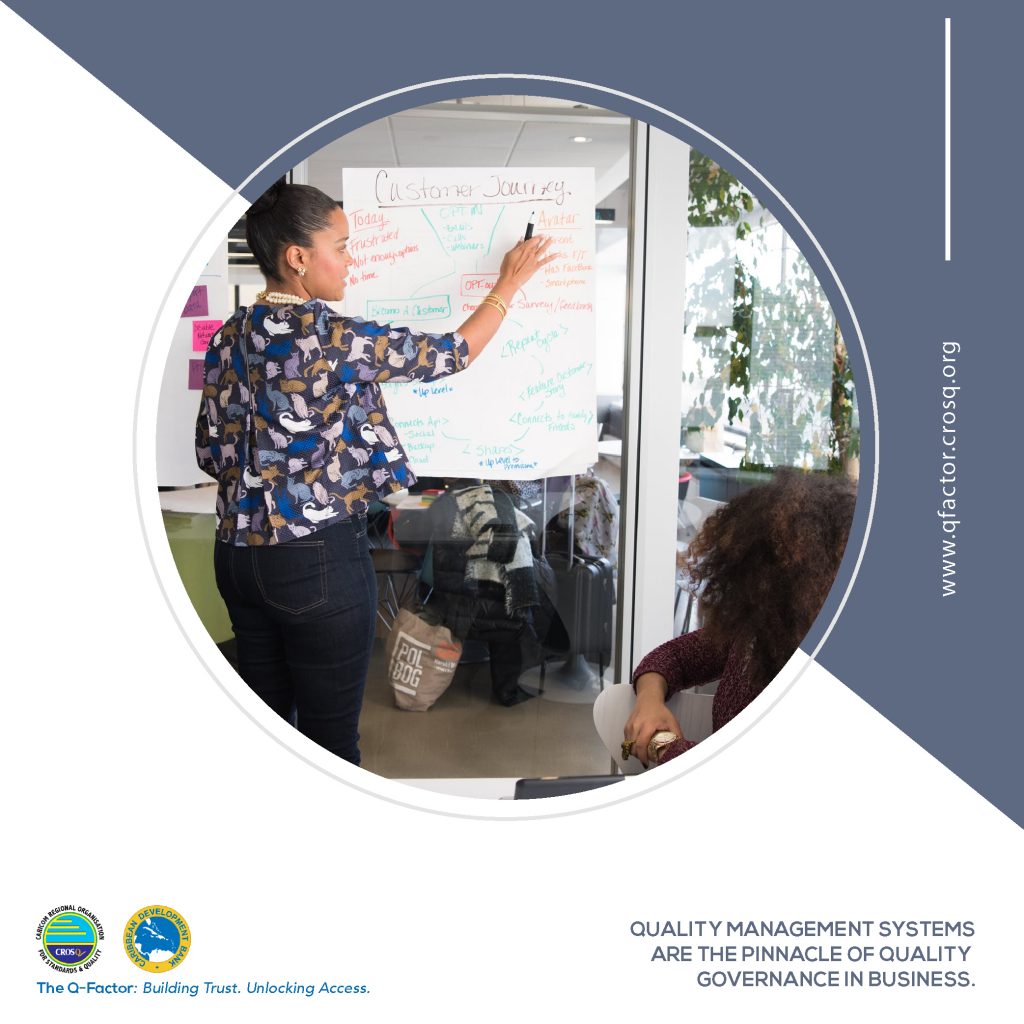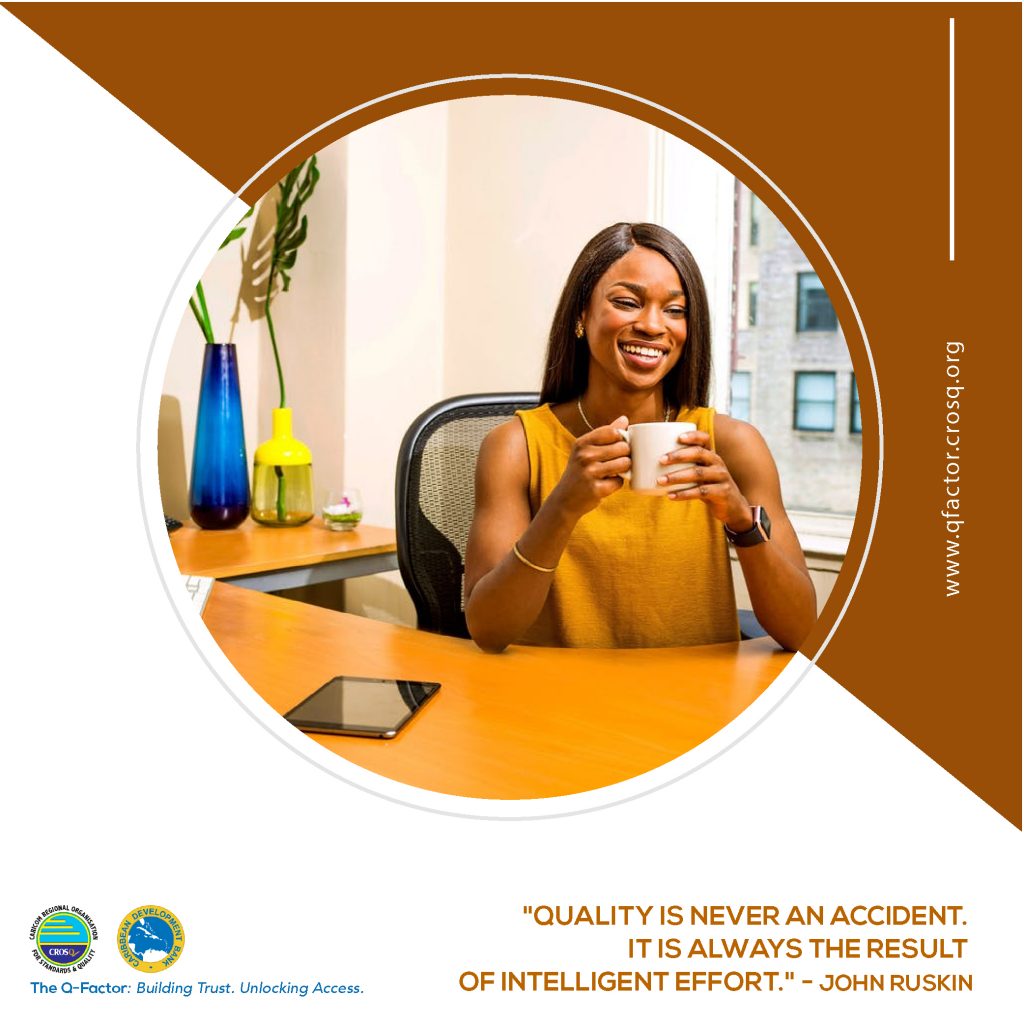Different Types of Quality Management Systems
- crosqblog
- on Nov, 12, 2019
- Category Quality Management Systems
- Comments Off on Different Types of Quality Management Systems
That you can implement in your business

John Ruskin, the acclaimed art critic, once said, “Quality is never an accident. It is always the result of intelligent effort.” Although he was referring to the quality of art, his statements reflect the truth about quality in all facets of life, including business. A business that consistently commits to high quality processes and products has a greater chance of success in this globally competitive marketplace.

Quality management systems are the pinnacle of quality governance in business. They act as a road map to guide employees and other key stakeholders within the organisation along the right path towards meeting the requirements of standards. Each quality management system has three distinct stages: conceptualisation, documentation and implementation.
Conceptualisation : Stakeholders within the organisation meet to identify present gaps within business processes and products using either national or international quality standards as a benchmark. ISO 9001: 2015 is typically used as this benchmark, but some organisations may choose to use an additional industry-specific benchmark.
Documentation: The processes, procedures and responsibilities required to fill these gaps are documented and dubbed the Quality Management System (QMS). This document is continuously revised as the business evolves to improve efficiency.
Implementation: The steps documented in the QMS are implemented and consistently evaluated so that changes can be made to improve the QMS. Quality testing and analysis are done continuously to provide the data necessary for making informed decisions about modifications to products and business processes.

These stages are essentially the same regardless of the type of quality management system employed. However, the documentation stage may be tweaked to reflect the nuances of the quality management system used within the industry that the business operates.
Sitemate identifies seven international standards that govern quality management systems, each can be considered a type of QMS. Two of these standards/systems relate to industries within the Caribbean:
- ISO 9001:2015- The General ISO Quality Standard
- ISO 22000- The ISO Quality Standard for the Food Services Industry
ISO 14000 is often used in the tourism industry to ensure that standards relating to the environment are met.
ISO 9001:2015
This standard is the only standard in the ISO 9000 family of standards that offers certification. It is based on a foundation of quality management principles that include:
- Creating a customer-centric business
- The leadership and motivations of top-level management
- Ensuring quality at all stages of business processes
- Making a habit of continual improvement
The aim is to create highly efficient businesses that have consistently satisfied customers.
ISO 22000
This standard focuses specifically on controlling food safety hazards. It incorporates HACCP and Good Manufacturing Principles (GMP) and mandates that any business in the food industry should have an acceptable Food Management System in place. It is one of the more flexible food safety standards since it allows companies to choose the prerequisites relevant to them before applying for HACCP certification. One such prerequisite is the ISO technical specification ISO/TS 22002-1.
ISO 14000
Growing concern for the state of the environment has emphasised the need for hotels to adopt quality management systems that govern how they use the environment. ISO 14000 is one such QMS, and it includes a family of standards that help companies implement effective measures to protect the environment. In particular, ISO 14000: 2015 delineates the framework a company can use to create and implement an environmental QMS.
Final Words
A QMS is critical for a business to ensure that quality is a natural part of all its processes and products. The types of systems are based on the quality standards the company seeks to meet. Several standards exist with the most popular being ISO 9001:2015, ISO 22000 and ISO 14000. Be the one who stands out in a sea of competitors by creating a strong QMS for your business today.




